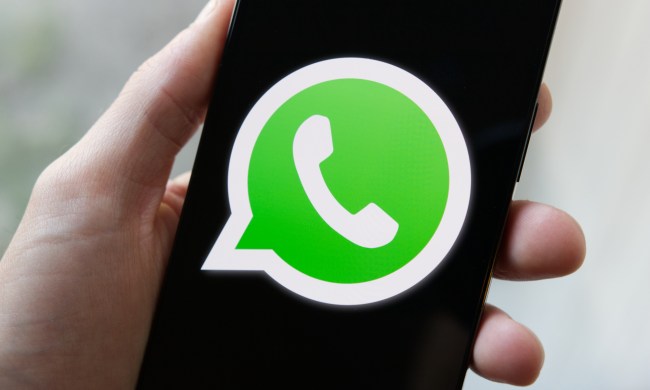The device contains several different elements which, combined, give you the sense of drinking an almost infinite number of flavored beverages. One such element is an LED light that alters the color of your drink. Another is the use of electrodes, placed around the rim, which stimulate the tongue so that it tastes the liquid as salty, sweet or sour. If that sounds a bit familiar, it’s because it’s the basis for a previous project of Ranasinghe’s that we covered: A glass designed to mimic the sour taste of lemonade. What makes the Vocktail project a major step forward, however, is the addition of a smell component, capable of fooling a person’s nose into tasting a far greater variety of subtle flavors. This smell component is the result of three smell chambers and air pumps, which spring into action as a person drinks.
Heck, there’s even an app which lets you customize the experience!

“Imagine next time you order a cocktail you can customize its flavor using a mobile app, or try out entirely new flavors — for example, you order a mojito, but you want to try it with a hint of chocolate or strawberry,” Ranasinghe told Digital Trends. “Even though we call it a Virtual Cocktail, it is not only a virtual cocktail, it is mainly about augmenting the cocktail drinking experiences. So far, from our demonstrations, people love it mainly due to the presence of smell sensations. Also, it seems that having the smell sensation combine the different sensory channels — smell, taste, color, and other factors — to create a seamless flavor experience. Adding smells help the consumers to explore flavors, and experimentally create new cocktails.”
According to Ranasinghe, the team wants to take the experience even further by adding the element of virtual reality dining, so you and your date can sip augmented e-drinks in a wide variety of different virtual settings. You wouldn’t even have to necessarily be in the same physical space for this to work. “This will also enable us to study how people enjoy food and beverages when experiencing different VR scenarios,” Ranasinghe continued.
The Vocktail project was presented at the Association for Computing Machinery Multimedia Conference in October.

